Farming for the future
February 15, 2022
How does regenerative agriculture fit in with more conventional growing practices?
We use 40 percent of the Earth’s land surface for farming. That means agriculture not only relies on clean air, clean water and high quality soil, but it also has an important impact on environmental stewardship.
That’s why some people in the industry support regenerative agriculture. They view regenerative agriculture as a natural and holistic approach to farm management that can restore biodiversity, increase soil health, improve water cycles, and boost the quality of our food. Regenerative agriculture may also help to capture increased carbon in the soil, helping to address climate change.
But there’s still a lot of uncertainty and big questions we need to ask about the practice.
How does regenerative agriculture fit in with more conventional growing practices? What do consumers know and think about it? Can it help us get to net zero?
CityAge, in collaboration with EMILI and Bioenterprise, on Feb. 15 started to answer those questions.
In Collaboration with


SPEAKERS & GUESTS

Salman Razavi
CEO Grain Data Solutions Inc.

Peter Newton
Associate Professor Department of Environmental Studies, University of Colorado, Boulder
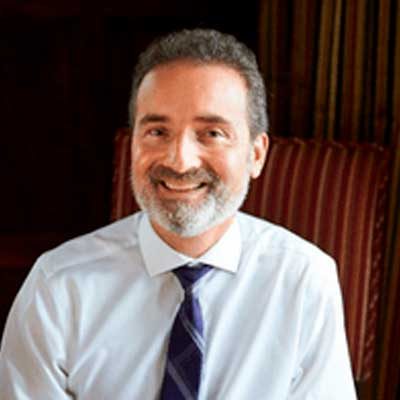
Rene Van Acker
Dean and Professor Ontario Agricultural College, University of Guelph
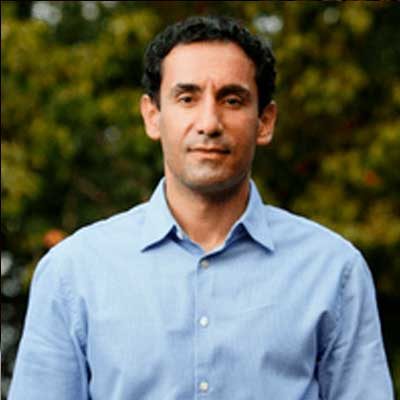
Ehsan Toosi
Director of Research & Development True Organic Products
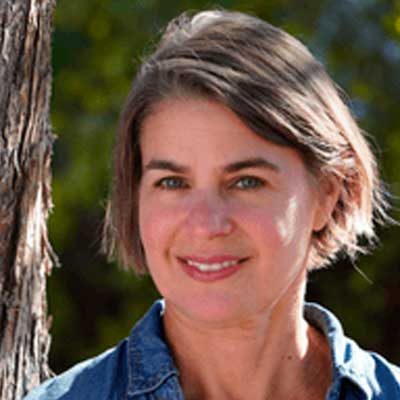
Julie Kunen
Director of Sustainability Oatly
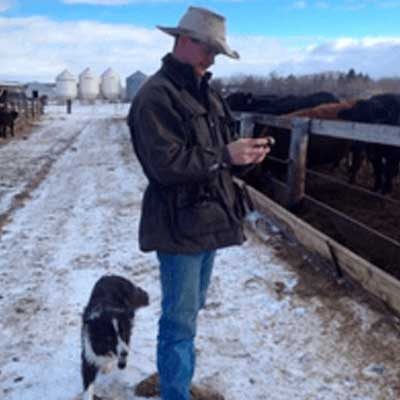
Duane Thompson
Owner & Operator Tee Two Land & Cattle Co Inc

Frank Annau
Director of Environment and Science Policy Canadian Federation of Agriculture

Zahra Alani
Broadcast Meteorologist & Communications Strategist, CityAge Anchor CityAge
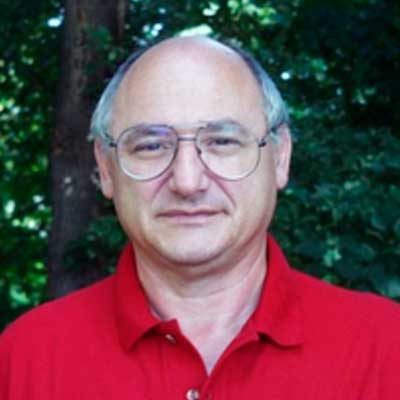
George Lazarovits
Director of Research A&L Biologicals
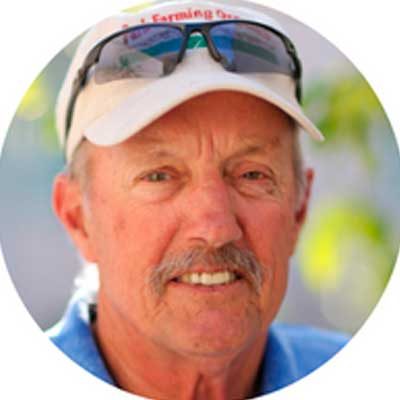
Scott Park
Farmer Park Farming Organics
PROGRAM
Anchor Welcome & Introduction
Opening Presentation:
What do we mean when we say regenerative agriculture?
Peter Newton, Associate Professor, Department of Environmental Studies, University of Colorado, Boulder
Panel 1: Regenerative Practices and Scalability
Regenerative agriculture could be a powerful tool for getting us to net zero. But that depends on how scalable it is. Can farmers implement it into their business models in a way that’s profitable?
- Rene Van Acker, Dean and Professor, Ontario Agricultural College, University of Guelph
- Duane Thompson, Owner & Operator, Tee Two Land & Cattle Co Inc.
- Janet Ranganathan, Vice President, Research, Data, Innovation, World Resources Institute
- Panel Host: George Lazarovits, Director of Research, A&L Biologicals
Panel 2: Incentivizing and Compensating Farmers
How companies across the supply chain are compensating and incentivizing farmers to adopt regenerative practices. What tools are they using? Is it a viable way to increase adoption?
- Julie Kunen, Director of Sustainability, Oatly
- Ehsan Toosi, Director of Research & Development, True Organic Products
- Scott Park, Park Farming Organics
- Panel Host: Frank Annau, Director of Environment and Science Policy, Canadian Federation of Agriculture
